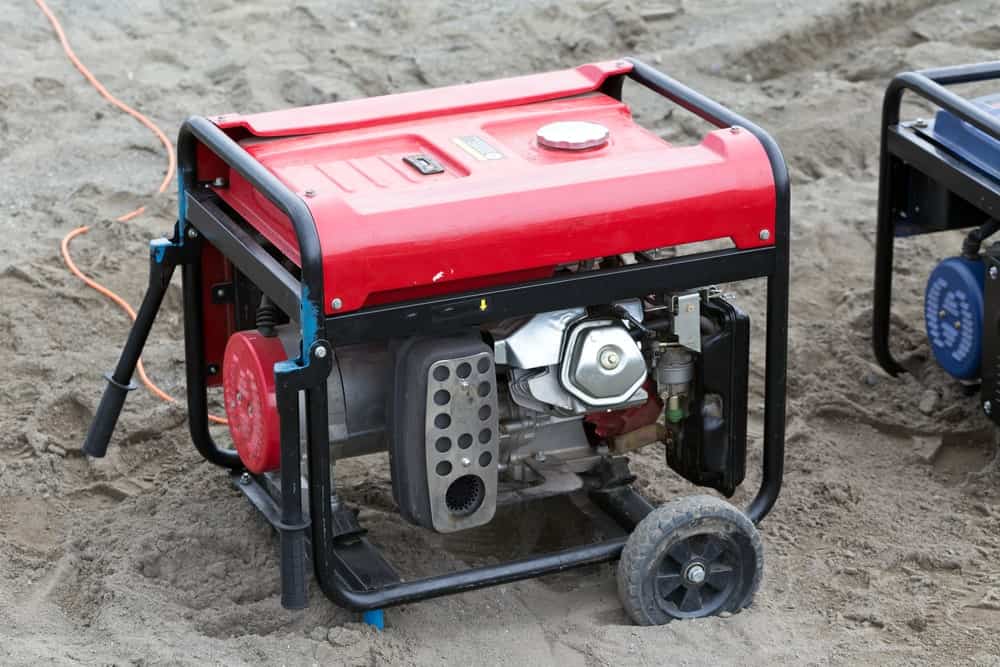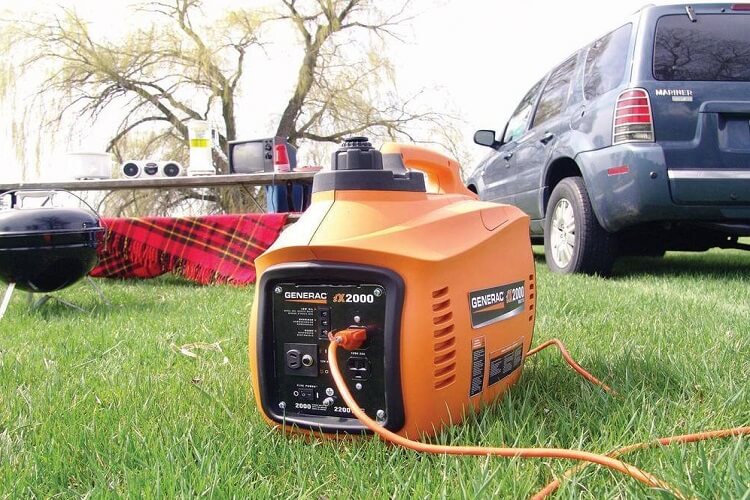Generators are an invaluable tool, providing electricity in areas with limited access to power. Furthermore, they can be used as a source of backup energy during emergency situations. To ensure that your generator runs smoothly and reliably when you need it most, it is essential to carry out regular maintenance and upkeep. Here we outline simple steps for how to properly maintain and extend the lifespan of your generator.
1. Check Fuel Levels:
The first page step should always be checking fuel levels before attempting any other kind of maintenance routine on your generator. Keeping fuel levels full at all times helps to prevent moisture from accumulating in the fuel tank which can compromise engine performance. It’s also important to check for any signs of water or sediment in the fuel tank which can lead to corrosion or deposits within the carburetor or injectors; if either is present then drain them immediately according to manufacturer’s instructions.

2. Replace Air Filters:
Replacing air filters regularly is a key step when it comes to maintaining generators as dirty air filters can cause a range of problems including reduced engine power and excessive fuel consumption. Depending on the model you own, you may need to replace both primary and secondary air filters at recommended intervals indicated by the manufacturer – usually once every year or two depending on usage levels.
3. Change Oil & Spark Plugs:
Changing oil regularly is an important part of keeping your generator running well for years to come – typically this should happen every three months or 100 hours (whichever comes first). Additionally, spark plugs should be checked/replaced every year as old plugs are prone to misfiring which can reduce engine performance over time.
4. Clean & Inspect Generators Regularly:
Make sure that you clean both the inside and outside of your generator on a regular basis using a cloth dampened with mild soap solution; this will help remove dirt build-up that could otherwise interfere with its performance over time. Additionally, inspect all wires for signs of damage such as fraying or loose connections; these should be repaired immediately according to the manufacturer’s instructions otherwise they could prove dangerous when operating at high power outputs.
5. Test battery voltage:
If your generating set has an electric starting system, make sure that the battery voltage is tested regularly (at least every six months) to ensure that it’s working properly – especially if left unused for long periods between uses, as batteries tend to lose charge over time due to poor connections/corrosion etc. If necessary, recharging the batteries with a suitable charger will quickly restore them to working order without the need for complete replacement (which may not always be economically viable).
6. Invest in quality parts and accessories:
When replacing parts on your generator, make sure that only the original manufacturer’s parts are used – this means investing in quality components from reputable suppliers who offer warranties against defects etc. This will give you peace of mind that whatever happens, all parts used will fit correctly and work together efficiently without causing further internal damage to the engine etc.
7. Use correct running conditions:
Running generators in the correct conditions is essential for good performance and longevity. This includes ensuring that temperatures never exceed those specified by the manufacturer, increasing RPM and loading appropriately. Exceeding the maximum engine ratings will result in premature wear and tear reducing the overall life expectancy of the machines, so always check the user manual before starting up.
8. Careful storage :
Finally, careful storage of generating sets is of the utmost importance. Ideally stored in a cool, dry place away from direct sunlight or extreme weather conditions possible but alternatively cover well rain snow direct contact to allow adequate ventilation combustion gases escape problem-free operation…

By following these simple steps you’ll find that not only will maintenance be easier, but the life of your generator will be greatly extended, giving you more reliable use when you need it most!
